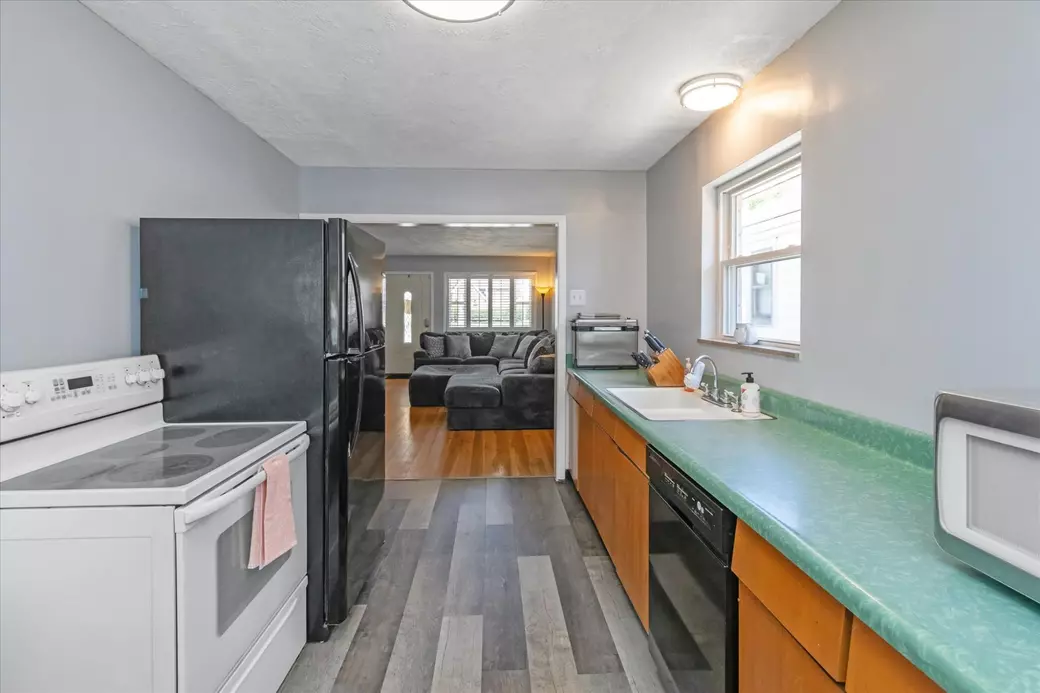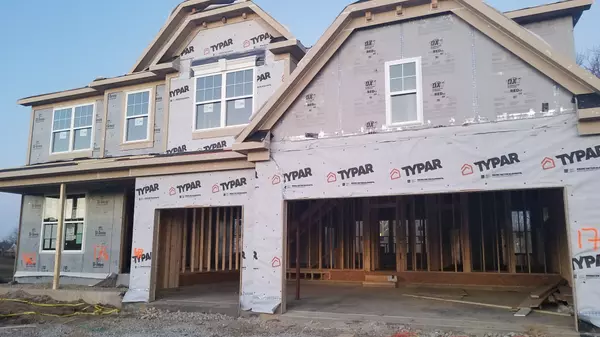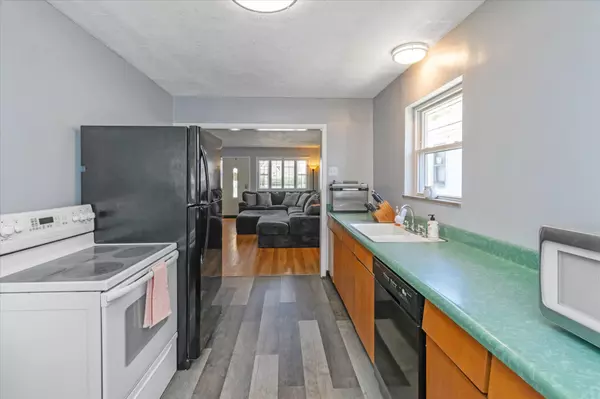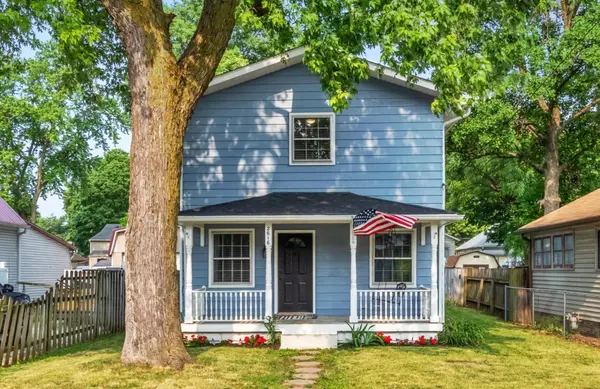Are Home Warranties Worth It?

As a potential home buyer or seller, you may have come across the concept of home warranties. But what exactly are they, and are they worth the investment? In this article, we will dive into the world of home warranties and explore their benefits and drawbacks for both buyers and sellers.
What is a home warranty?
Home warranties are service contracts that provide coverage for the repair or replacement of major home systems and appliances due to normal wear and tear. They typically last for a specific period, usually one year, and can be renewed annually. Home warranties are designed to provide homeowners with peace of mind by offering financial protection against unexpected breakdowns.
Home warranties cover normal wear and tear
One of the significant advantages of home warranties is that they cover normal wear and tear that occurs over time. This means that if your refrigerator or HVAC system breaks down due to regular usage, the warranty will likely cover the repair or replacement costs. This coverage can save homeowners from having to bear the full burden of costly repairs or replacements, providing much-needed financial relief.
Home warranty vs. home insurance
It's important to understand that a home warranty is not the same as homeowner's insurance. While homeowner's insurance protects against perils like fire, theft, or natural disasters, a home warranty focuses on covering the repair or replacement of systems and appliances that break down due to regular use. In essence, home warranties provide an additional layer of protection beyond what insurance policies typically offer. They work together to give your new home holistic coverage.
In short, home warranties covers what WILL happen, and home insurance covers what COULD happen.
For buyers
For homebuyers, a home warranty can be a valuable tool to offset potential repair costs after purchasing a property. When buyers move into a new home, they may not be aware of the condition of all the systems and appliances. Having a home warranty in place can provide a safety net, especially during the first year of homeownership when unexpected repairs are most common. Additionally, some buyers find the presence of a home warranty as an attractive feature when considering a property, as it conveys confidence in the condition of the home.
For sellers
Home warranties can also benefit sellers by helping them close deals with potential buyers. When selling a property, offering a home warranty can provide reassurance to buyers that they won't have to face significant repair costs immediately after purchasing the home. This added protection can make a property more appealing and increase the chances of a successful sale. Moreover, by including a home warranty as part of the listing, sellers can attract more potential buyers and potentially sell their property faster.
Are home warranties worth it?
Home warranties can be a worthwhile investment for both buyers and sellers. They offer coverage for normal wear and tear, providing financial protection against unexpected breakdowns. While they are not a substitute for homeowner's insurance, home warranties complement insurance policies by covering repair and replacement costs for systems and appliances. For buyers, a home warranty can provide peace of mind during the first year of homeownership, while for sellers, it can enhance the attractiveness of their property and help close deals with potential buyers.
Ultimately, the decision to purchase a home warranty depends on your individual circumstances and preferences. Consider factors such as the age of your home, the condition of its systems and appliances, and your budget. If you're unsure, it's always a good idea to consult with your real estate agent or a trusted professional who can provide personalized advice based on your specific situation.
Categories
Recent Posts










GET MORE INFORMATION

